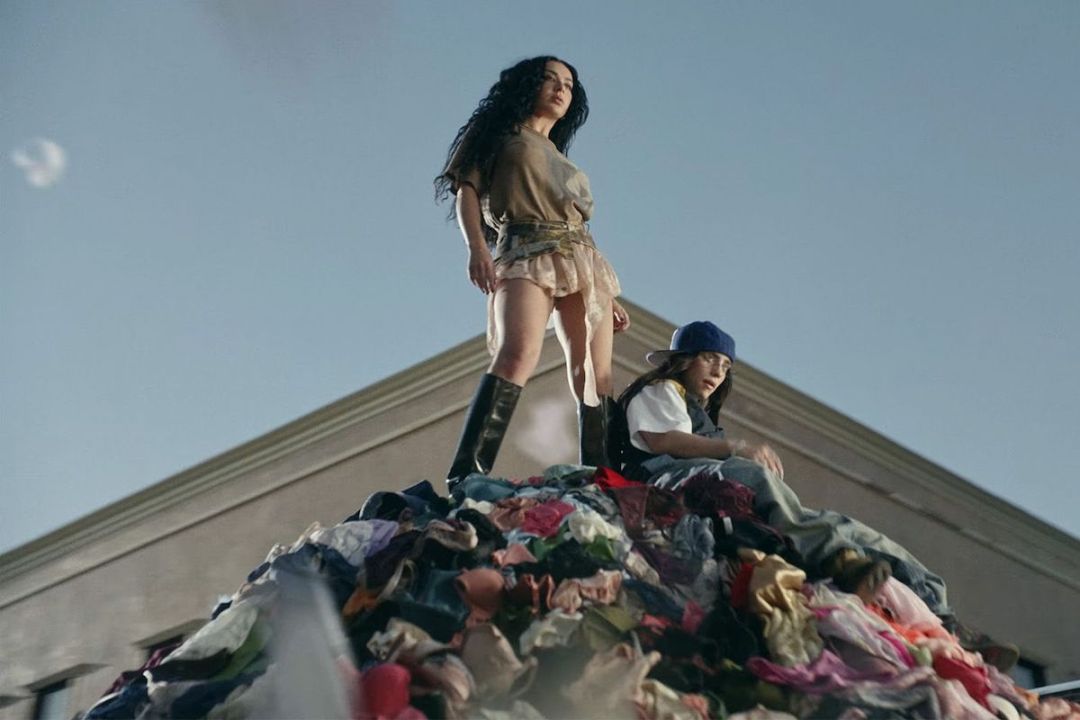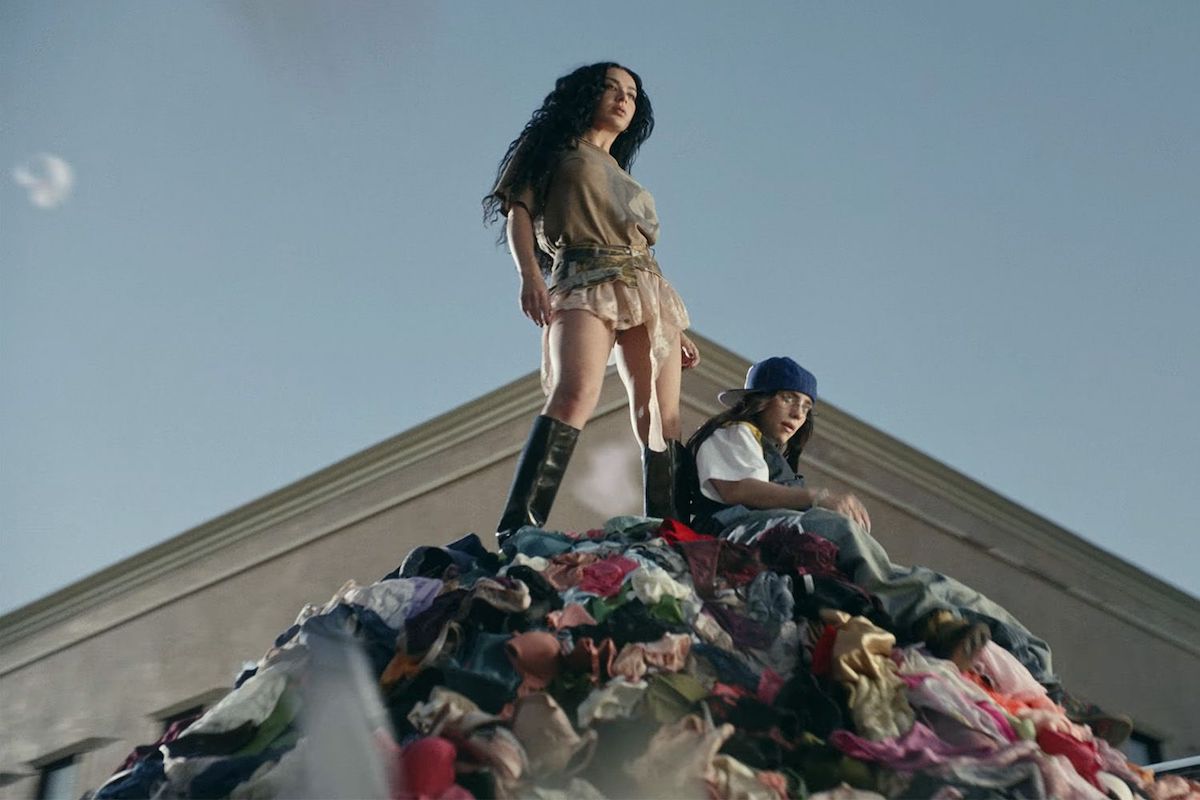The elegant, serpentine word ‘lesbian’ had a place in the sun only briefly. In the first real novel about lesbianism, 1928’s The Well Of Loneliness, the protagonists are gloomily and somewhat puzzlingly called ‘inverts’, conjuring up an image of some sad Sapphic wondering why she was condemned to spend her life upside-down.
Amazingly, Christopher Hawtree, writing in the Telegraph in 2008, noted that the word ‘lesbian’ did not appear in the Oxford English Dictionary until 1976:
During the four decades it took to create the 12-volume Oxford English Dictionary, completed in 1928, Lesbian appeared only in reference to the island. During preparations for its 1933 Supplement, one lexicographer averred: “Lesbianism is no doubt a very disagreeable thing, but the word is in regular use, & no serious Supplement to our work should omit it.” Omitted it was, though. Readers were left with Sapphism – which the Lancet in 1901 likened to morphiomania (opium craving). Lesbian surfaced only with 1976’s Supplement, as an 1890 synonym for Tribadism.
And now? Somewhat sadly, as Janice Turner wrote in the Times, ‘“lesbian” is seen mainly as an online porn category.’ Only 40 years from liberation to titillation.
This being so, the excitable Daily Mail headline ‘Charli XCX and Billie Eilish playfully flirt in music video for Guess that is FILLED with women’s underwear – as fans spot wild detail involving Katy Perry!’ was basically inevitable. Closer reading revealed that the two young pop stars have ‘collaborated’ on a video for the former’s song: ‘The duo’s playful chemistry and provocative lyrics have sent fans into a frenzy, with Eilish – who’s previously discussed her “queer” identity – declaring at one point, “Charli likes boys but she knows I’d hit it”.’’ In case some mucky-minded mugs hoped that the attractive American pop star Katy Perry might be joining the pair at some point, it was rather a reference to Perry’s driving a tractor in the video for her comeback single ‘Woman’s World’, something that Eilish also does in this video.
Perry might well be the one who brought performative lesbianism – or Thespian Lesbianism, if you will – into the mainstream with her 2008 single ‘I Kissed A Girl’, which topped the American singles chart for nearly two months and went to number one in practically every European country. It was huge! One can only imagine the saucy scenarios it inspired at various shindigs, as tipsy girls took the opportunity to reveal a crush to their friends on the dance floor and numerous young men looked on appreciatively. ‘Hope my boyfriend don’t mind it’, Perry chortled smugly several times, leading any female who had ever kissed in a girl in front of a boyfriend to roll their eyes and, in my case, think of an updating of the famous H.E Bateman ‘The Man Who…’ cartoons in which we see a poor sap shunned because word’s got around that his wife doesn’t do threesomes.
This spring saw a new lesbian dating show also called I Kissed A Girl. The presenter Dannii Minogue became rather unhinged by her new lease of life, it transpired, emotionally revealing on BBC TV that ‘I identify as queer, in a weird way’ before issuing an Insta-damn a few days later: ‘To clarify… I was not making an announcement that I’m a lesbian or queer, I’m straight and in a long-term hetero relationship.’ Not yet done being confused, she then told the Independent: ‘Everything in my world is queer and fabulous and I love it – even though I’m a straight girl.’ If a 52-year-old woman can identify as a ‘girl’ then surely the rest of it is a cinch.
Only 40 years from liberation to titillation
Less amusing was when the contestants had a talk about the L-word and why none of them liked it. I had read about this before a couple of years back when the young American singer JoJo Siwa said: ‘I don’t like the word itself [lesbian]… it’s just, like, a lot. At the end of the day, that’s what I am… but it’s like the word “moist”. It’s just like… ugh!’ One contestant said ‘But do you know why the L comes first in LGBTQ?’ before explaining that it’s because lesbians helped gay men so much during the AIDS epidemic. The others are impressed and one of them says: ‘I’ll be a lesbian forever from now on’ which struck me as rather pathetic – as if these young gay women need gay men to validate them. Don’t they have enough to be proud of on their own account?
But maybe it’s just a phase, and young gay women will find their own way back to this perfectly good word? Writing in the foreword to ‘The Lesbian Project’, no less a proud lezzer than our own Julie Bindel admits:
When I came out as a lesbian in 1977, aged just 15, I considered the word to be a terrible one. It took me some time until I felt pride in using it to describe myself. Now, more than four decades later, the word “lesbian” is diminishing in use and popularity.
It can be unwise to be too judgmental on sexual matters when one is elderly – as am I – as one may well have utilised ones own ‘erotic capital’ when young and fruity; imagine my surprise when one gentleman of my acquaintance suggested that I may have gone in for a bit of ‘performative lesbianism’ of my own! Indeed, I do recall the heroine of my dirty book Ambition getting up a bit of Sapphic action, more than once – and though I got some nice letters from teenage lesbians thanking me for my award-winning TV show Sugar Rush, it seems likely that a proportion of the viewership were prurient men.
Also, what’s sauce for the goose and all that; if two attractive – or even unattractive – gay men had offered to have sex in front of me when I was young, I can’t swear I would have stopped them. But I’d have only watched it the once, because I was curious about the mechanics; my ears wouldn’t have pricked up like a hounds’s whenever I heard the words ‘Friend of Dorothy ahoy!’ It’s the sheer predictability with which men are, over and over, stimulated by lesbian behaviour that makes one roll one’s eyes. They seem like those weird women who can’t eat a piece of cake without closing their eyes and going into paroxysms of ecstasy about it. In both cases, one feels mild irritation and a desire to waspishly remark: ‘Calm down, dear!’
But then, I am a louche old lady of 65 who has done it all and forgotten about most of it the morning after. One can’t really blame the young for acting as if they invented sex, even if they do spent a lot more time talking about it rather than doing it. In an age when so much is performative – left-wing politics, gender identity, outrage, concern – it’s probably overly-idealistic to regret that this last refuge of women from the attentions of men should become yet another way to tickle the fancy of the ghastly brutes.








Comments